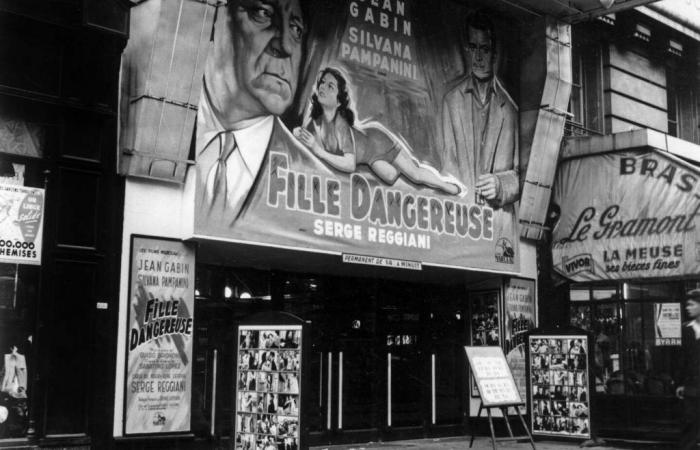“This is a very unique story”, warns in his conclusions, on June 25, 2015, Pierre-Alain Weill, general rapporteur of the Commission for the compensation of victims of spoliation (CIVS). The saga of a Jewish family whose hero, Léon Siritzky – real name Israel Siroshkine –, originally from Russia and born in 1887 in Mykolaiv, a port in southern Ukraine, three times had to flee a country to start again from the beggining. And three times he succeeded in resounding success in establishing himself in the cinema.
One of the grandsons of this businessman, Serge Siritzky, aged 79, published, Friday May 3, Cinema was their country (Verona éditions, 242 pages, 19 euros), which traces the exceptional story of this family, as well as the world history of cinema written between Constantinople, Paris and New York. A flamboyant journey, punctuated by very enviable fortunes and descents into hell.
What had remained ignored concerns a staggering maneuver by the French state brought to light thanks to the CIVS, the commission established in 1999 as an extension of the Mattéoli mission, itself responsible for studying the dispossession of the Jews of France between 1940 and 1944.
Léon Siritzky had already experienced several eventful lives before controlling, in 1938, the third circuit in France, after Gaumont and Pathé. According to the weekly French Cinematography, in Paris alone, it has six of the twenty-six exclusive theaters – the most important at the time, since the films were presented there before the others and the price of tickets was the highest. The group controls a total of around twenty cinemas of this type in the country, not counting second-exclusive cinemas. Already The Great Illusion (1938), by Jean Renoir, sold out in Paris and the circuit also released, among the great hits of the time, A prom notebook (1937), by Jean Duvivier, or The Quay of Mists (1938), by Marcel Carné.
Read the review | “The Continental: the Greven mystery”: the double agent of Nazi cinema
Add to your selections
But the resurgence of anti-Semitism and the occupation of France by the Nazis will once again force the family to go into exile. Especially since Léon Sirtizky was the only operator, in 1939, to have programmed I am a German spy, by American director Anatole Litvak, about the FBI’s hunt for Nazi spies. A programming choice to say the least daring. In September 1940, an order from the Propagandastaffel, the service charged by the Germans with propaganda and control of the French press and publishing during the Occupation, decided to close cinemas owned by Jews. A month later, a decree-law prohibited them from exercising certain professions, including all those in cinema.
You have 74.59% of this article left to read. The rest is reserved for subscribers.







